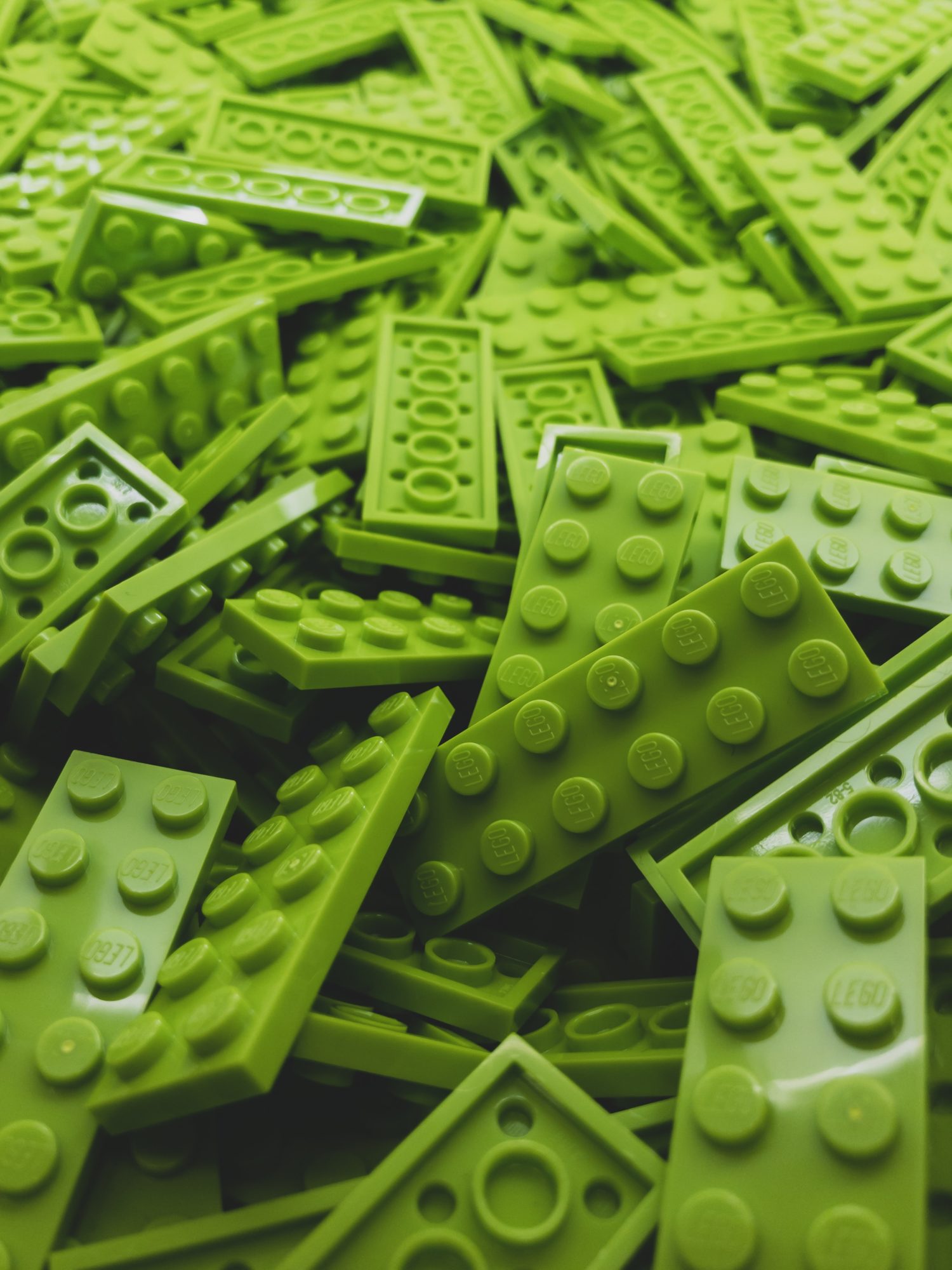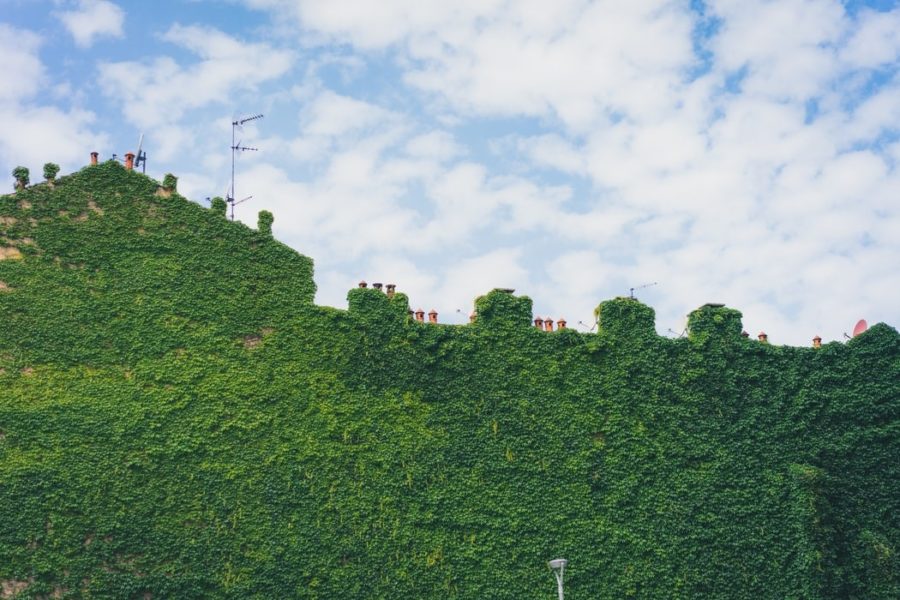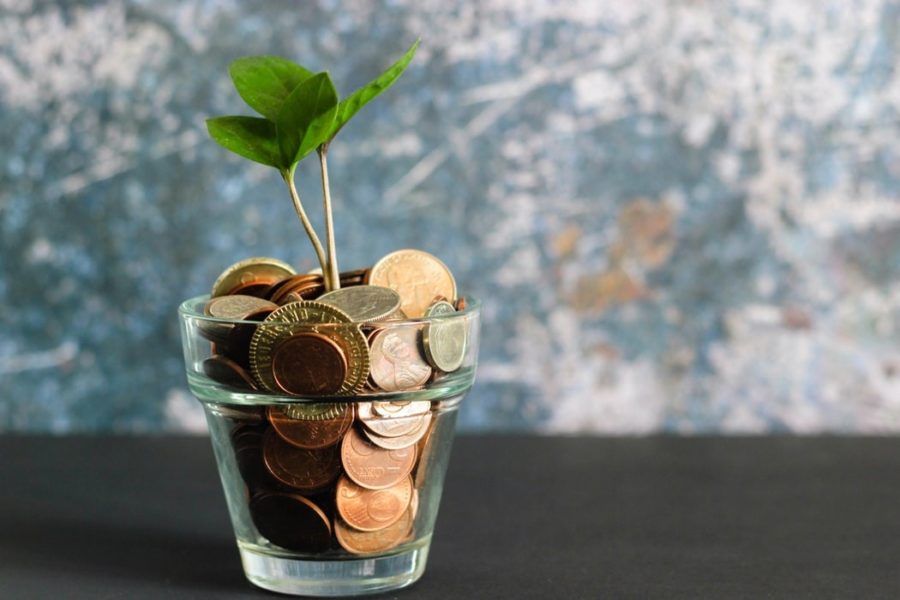News
Why are Green Wall Facades on the increase+% ?

Nicholas Woodman our Assistant Building Surveyor at PRE gives a detailed insight into why Green Wall Facades are on the increase+% in old and new buildings.
” The COVID-19 lockdown has led to cleaner air, but will do little to address the issue of air pollution in the long run. Working from home will become the norm with current buildings having different uses. The world has changed and the Environmental, Social and Financial impacts need addressing. Can Living walls help cities worldwide tackle these important issues?”
What are Green walls/facades?
Green walls also known as Living walls, introduce plants into building facades. They can be split into three fundamental types; Wall climbing, where soil is planted at ground level or in planted boxes so the plant naturally climbs the façade, this requires no supporting structure. Hanging Down, which involves soil in planted boxes located on each story of a building enabling the plants to grow freely. Lastly Module, these are lightweight mounted panels which require supporting structures to be built on the façade. They are a feature which is growing in use and becoming more and more popular especially in cities. Below is an image of Edgware Road Underground station.

There are factors involved with green walls and these can be grouped into environmental, social and economic.
Environmental Factors
There are several benefits to the environment that occur using green walls. Particularly relevant in cities, direct shading can be caused by green walls which results in not only the building experiencing a relatively low temperature but also the local area such as the external roads and pavements. Secondly, plantation, especially trees effectively reduce levels of gaseous and particulate pollutants through the process of photosynthesis. This process leads to the air quality improving within the local environment. In more urban areas there is a substantial lack of green land resulting in a greater presence of pollution, with green walls being adaptable to skyscrapers and office buildings they can provide a substantial improvement to air quality. In addition to this, green walls supply an alternative habitat to urban plants and native wildlife, this can improve the ecological quality of the environment. Lastly, plants are proven to reduce sound frequencies through absorption. By implementing them onto a façade of a building, reductions in noise pollution become evident.

Social Factors
In addition to the environmental benefits, green walls also play a role in the social aspect of the local environment. Plants can provide areas for playing, meeting and establishing social contacts, isolation and escape from urban life. As mentioned previously, green walls have a positive impact in relation to the air quality in the environment. The improved air quality results in direct health benefits for occupants and people in and around the building. Also, visual contact with green spaces can reduce stress, improve patient recovery and build a higher resistance to illness.

Economic Factors
Many of the economic benefits through the use of green walls are a consequence of the environmental impacts. For example, the plant surfaces can retain water meaning that storm water can run off and be absorbed by plants reducing the extent of storm water drainage. The life of a building can be prolonged in the sense that the green façade can reduce the climatic stress of the construction which means the cost of maintenance is reduced. Studies have proven that green walls reduce the cooling loads required to maintain comfortable temperatures inside buildings, although this is only beneficial during day times. On the other hand, a green façade can in many cases require more maintenance than a traditional wall, the cost of this must be considered by developers when working out Life Cycle Assessments.


For more information about this article or a competitive proposal for Building Surveying of Project Management please do contact one of our account managers surveys@presurveyors.co.uk